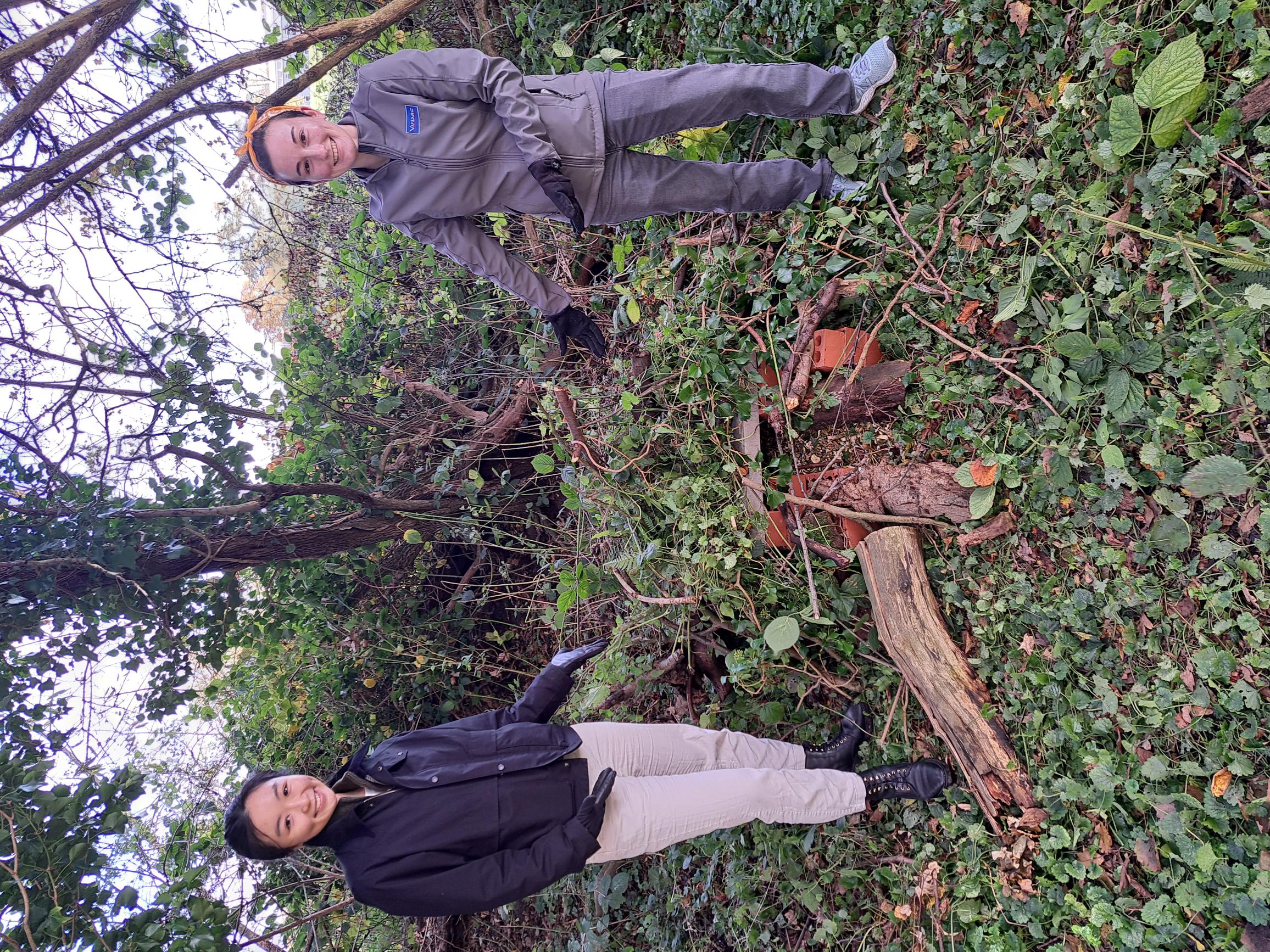Royal Vetinary College and the Farming for Carbon and Nature programme pilot. - Climate Hub
- Summary
- RVC is taking part in the Farming for Carbon and Nature programme pilot, an initiative which supports farmers to transition to more nature friendly farming practices to sequester carbon, through funding from universities.
- Image or logo
-

-
What action(s) have you taken?
The RVC is participating in the Students Organising for Sustainability’s Farming for Carbon and Nature programme pilot. More information can be found at the following link: https://www.sos-uk.org/project/farming-for-carbon-and-nature.
This project monitors farm biodiversity and soil carbon levels to assess the effectiveness of the changes we have made to farming practices. This also provides the RVC’s students with opportunities to gain experience in soil sampling and biodiversity monitoring.
Throughout our participation, the soil monitoring has shown that in one of our fields there is a worm count of 409 worms per m2, compared to the pilot group average of 192 worms per m2.
Additional actions the RVC has undertaken to improve its biodiversity and soil health include:
- Reducing ploughing
- Ensuring year-round cover crops, preventing water runoff and providing nutrients to the soil
- Planting nine hectares of wildflower meadows and bird seed mix
- Reducing the amount of fertiliser applied to land
- Planting a hedgerow of 900 whips last year as a community event with the RVC’s staff and students planting the trees.
How has it helped?
These efforts have helped the RVC gather evidence on how the changes to our farming practices are impacting the local environment.
What motivated you to take this action?
The RVC is participating in this specific project as it’s a great way for our team to gather data on biodiversity while also providing our students with learning opportunities. Annual monitoring of biodiversity can be challenging and this provides our team with additional support and an opportunity to learn best-practice from other farms. This also supports the RVC’s wider ambitions of achieving Net Zero by 2040.
Were there any challenges?
The weather during the hedgerow planting was a challenge for our team as it was very cold and wet. But, thankfully our team’s enthusiasm wasn’t dampened!
What advice would you give others? While this work has provided a valuable way to better understand and improve the RVC’s impact on the local environment, we’ve also really enjoyed involving colleagues, students and the local community in this project. It has helped bring the wider RVC community together and as the hedgerow grows over the years, it’s rewarding to see the difference we’ve collectively made.
To find out more about the pilot programme, please visit; Farming for Carbon and Nature | SOS-UK
More information about the RVC’s environmental strategy can be found at: https://www.rvc.ac.uk/about/the-rvc/environmental-sustainability
- Website
- https://www.rvc.ac.uk/about/the-rvc/environmental-sustainability

